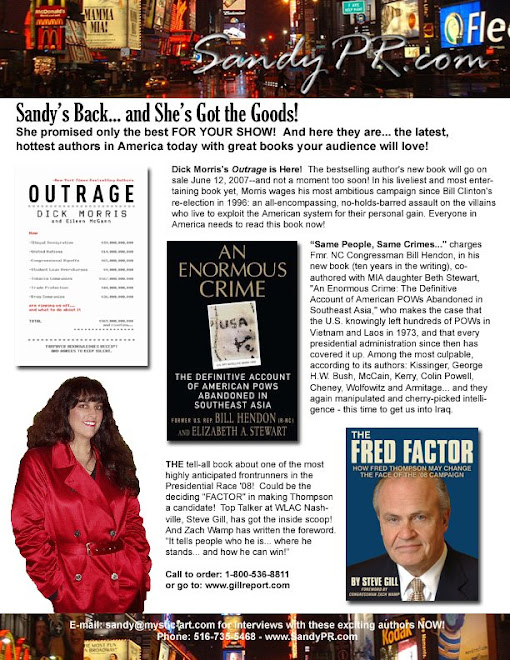The GI Film Festival, now in its fifth year, is the first and only film festival in the nation dedicated to the American Armed Forces. Co-founded by Brandon Millett and Laura Law-Millett, the festival’s mission is to honor the successes and sacrifices of American GIs through the medium of film. The festival will be held May 9-15 in Washington, D.C. and will feature 31 film premieres celebrating our country’s servicemen and women.
Emmy award winning actor William Devane (known for "Knot’s Landing," "West Wing” and “Missiles of October”) stars in “Flag of My Father” and will attend the screening taking place on Friday, May 13th at the Navy Memorial Theater. “Flag of My Father” is directed by Rodney Ray, who has two films showing in this year’s festival. Emmy and Golden Globe winner and Oscar Nominee Gary Sinise (Lt. Dan Taylor in “Forrest Gump”) will serve as the keynote speaker at a Congressional reception on Wednesday, May 11 at the Capitol Visitor’s Center.
Several of the films feature military filmmakers and actors, including Folleh Tamba, a U.S. Marine and Purple Heart recipient, who wrote and directed the documentary short film “A Line of Departure.” Tamba’s mother hails from Sierra Leone, the land of blood diamonds; his father is from Liberia, in West Africa. He survived a civil war and his film documents his time as he is about to go war for his adopted country of America.
“From start to finish our 2011 festival offers an exceptional line-up of films covering all aspects of the life of an American GI inside and outside the arena of war,” said Brandon Millett, festival Co-Founder and President. “But we’re not just screening films; we’re creating experiences. Festival-goers will not only enjoy watching great independent films they cannot see anywhere else, but they will also be able to meet real-life GI heroes and mingle with our celebrity guests.”
The week-long festival, held during Armed Forces Appreciation Month, will bring Hollywood and the military together to create a venue for artists to tell the story of the American soldier, both past and present. The festival will also include seminars and nightly events, including a “launch party,” Congressional reception, Wounded Warrior Appreciation Night, A Salute to Hollywood Patriots, a Hollywood premier screening, and a “Best of the GI Film Festival” awards ceremony.
The GI Film Festival will also host a “Filmmaker Boot Camp” to teach filmmakers all the tools necessary to get their films into the marketplace. GI Film Festival Chairman and award-winning filmmaker Stephen K. Bannon will host the boot camp, which will take place at the Canadian Embassy on Friday, May 13.
The majority of the festival’s screenings and events will take place at the U.S. Navy Memorial at 701 Pennsylvania Avenue, NW, while some events and screenings will be hosted by other prestigious venues around Washington, DC.
Each year the festival attracts members of Congress, veterans, active duty soldiers, and filmmakers from throughout the world. Past GIFF attendees include actors Gary Sinise, Glenn Close, Robert Duvall, Jeremy Renner, Kelsey Grammer, Rick Schroder, Faizon Love and Karri Turner; journalists Bob Woodruff and Greta Van Susteren; Senators John McCain, John Thune, Daniel K. Inouye, Scott Brown and former Senator Fred Thompson; General George Casey, Chief of Staff, U.S. Army; General Skip Sharp, Commander U.S. Armed Forces, Korea; General (ret) Jack Keane; and Representatives Ed Whitfield and Catherine McMorris Rodgers; former House Speaker Newt Gingrich; and Ambassador Paul Bremer, to name a few.
In a short time, the GI Film Festival has become the nation’s premiere venue for screening military films. Owing to this success, on Veteran’s Day Weekend 2010, the GI Film Festival launched a new television series with Discovery’s Military Channel, which broadcast select GI Film Festival films into 57 million homes nationwide. Moreover, in 2010, the GI Film Festival (GIFF) was the recipient of the ‘American Legion’s National Commander’s Public Relations Award,’ previously presented to Tom Brokaw, Tim Russert, Lou Dobbs and Jack Valenti.
Go to www.gifilmfestival for more information.





